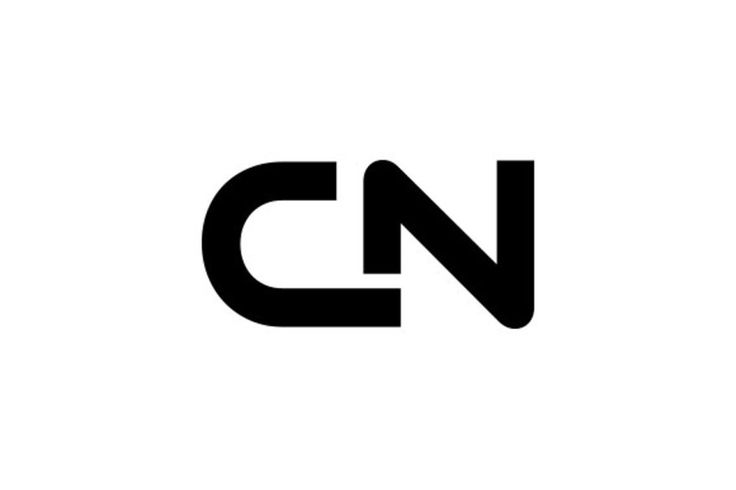rypto Firms Advance into U.S. Banking: A Strategic Pivot

The U.S. crypto landscape is evolving rapidly—leading companies are now pursuing national trust bank charters, signaling a strategic shift toward traditional financial integration.
Why it matters:
The move toward federal charters marks a departure from the libertarian ethos that once defined crypto. Firms like Circle, Ripple, BitGo—and even Anchorage Digital, which already holds a federal charter—are seeking approval from the Office of the Comptroller of the Currency (OCC) . These charters grant access to payment systems and custody rights without state‑by‑state licensing, streamlining their U.S. operations.
What they’re banking on:
- Enhanced credibility: A federal charter elevates trust with regulators and institutional partners.
- Payment infrastructure access: Charters allow firms like Ripple to apply for Federal Reserve master accounts, enabling 24/7 payments and reserve holding directly with the Fed .
- Stablecoin integration: The pending Senate “Genius Act” sets the stage for stablecoin issuance only by regulated banks—aligning with these firms’ forward plans .
Spotlight on leaders:
- Circle (USDC) oversees over $60 billion in reserves and sees trust‑bank charter approval as vital for custody services .
- Ripple is making dual plays: OCC charter application and Fed master‑account pursuit for its RLUSD stablecoin (≈$470 million market cap) .
- BitGo joins the race, aiming for improved asset handling.
- Kraken remains cautious—opting for partnerships over full licenses, including launching debit/credit cards without a charter .
- Anchorage Digital stands alone as the only federally chartered crypto bank to date .
Regulatory backdrop:
A regulatory pivot is underway under the current U.S. administration. With the GOP controlling Congress and the Senate passing stablecoin legislation, the climate is noticeably more receptive to crypto‑bank initiatives .
Broader fintech race:
Not all digital innovators are crypto-native. Robinhood, Revolut, and Klarna are aiming for U.S. banking licenses to combine traditional finance with crypto services—and big banks are lining up their own stablecoin projects .
Bottom line:
Crypto firms are accelerating beyond exchanges into regulated banking—with traditional endpoints like custody, payments, and stablecoin issuance at stake. How regulators respond to these charter bids will help define the next chapter in digital asset adoption.




